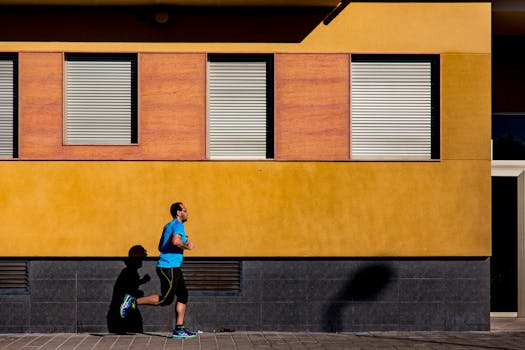
Introduction
Many runners hit a plateau where their speed no longer increases despite consistent training. Understanding the reasons behind this stagnation is crucial for making progress and achieving your running goals.
Common Reasons for a Speed Plateau
- Lack of Training Variety: Repeating the same workouts leads to adaptation, making gains harder to achieve.
- Inadequate Recovery: Without proper rest and recovery, your body can't repair and strengthen muscles effectively.
- Poor Nutrition: Not fueling your body correctly hampers performance and slows progress.
- Overtraining: Pushing too hard without giving your body time to recover can lead to fatigue and slower speeds.
- Insufficient Strength Training: Neglecting strength work can result in muscle imbalances that hinder your running performance.
How to Break Through the Plateau
- Mix Up Your Workouts: Incorporate interval training, tempo runs, and long slow distances to challenge your body in new ways.
- Focus on Recovery: Prioritize sleep, hydration, and rest days to allow your body to rebuild.
- Refine Your Nutrition: Ensure you’re eating enough carbs, protein, and healthy fats to support your training.
- Add Strength Training: Integrate exercises like squats, lunges, and core work to build overall strength.
- Track Progress: Use a running journal or app to monitor your workouts and improvements to stay motivated.
Conclusion
Getting stuck at a running speed plateau is a common experience, but with strategic changes to your training and lifestyle, you can continue to make progress and hit new personal bests.
Comments
Post a Comment